17 Celebrities Who Should Have Won an Oscar by Now

Every awards season, a familiar ache returns: how do these legends still not have an Oscar? Some have shaped entire genres, others delivered performances that became cultural shorthand, yet the gold statue keeps slipping away.
This list revisits the career peaks, the near-misses, and the roles that should’ve sealed the deal long ago. Read on, nod along, and prepare a few “how did they miss that?” gasps.
1. Glenn Close
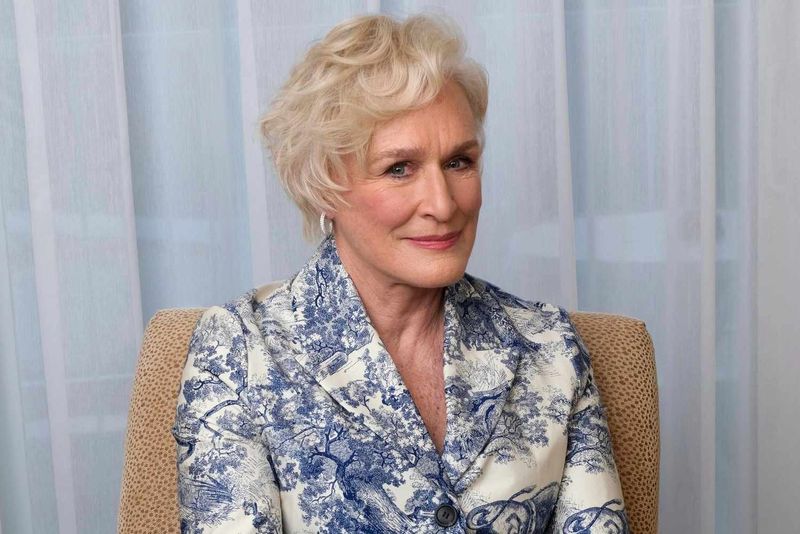
Across decades, audiences have watched her redefine intensity, precision, and emotional nuance. From Fatal Attraction’s operatic tension to Dangerous Liaisons’ razor-edged elegance, she’s transformed complex characters into indelible portraits. Eight nominations later, her mantle still lacks the Academy’s most coveted emblem. That paradox alone fuels annual debates and heartfelt pleas.
Hollywood’s collective memory includes moments that feel like coronations-in-waiting. The Wife seemed destined to end the drought—power, restraint, and devastation, all calibrated to perfection. Instead, the narrative pivoted elsewhere, leaving fans stunned and analysts scrambling for explanations. It’s the quintessential Oscar heartbreak: a performance built to win, relegated to legend status instead.
What makes her overdue isn’t just tally-based accounting; it’s artistic gravity. Close consistently deepens every ensemble, elevating scene partners and scripts. An eventual win would feel less like a prize and more like historical correction. Until then, the suspense continues, sharpened by each new triumph.
2. Amy Adams

The quiet mastery of her craft sneaks up on you, then refuses to let go. Adams has danced through genres with a feather-light touch and steel-core commitment: Enchanted charm, American Hustle swagger, Arrival’s cerebral grace. Six nominations reveal the breadth; none capture the ache of near victories. She’s both the scene-stealer and the soul-bearer.
Career highlights read like a syllabus in versatility. In Doubt, every micro-expression held moral weight; in The Fighter, the ferocity felt lived-in and unglamorous. Arrival might be her definitive proof of concept—intellect as emotion, science as lullaby. Yet, when envelopes open, her name somehow drifts past.
One suspects timing, category crowding, and fickle narratives. But endurance matters, and Adams keeps accruing masterpieces. Sooner or later, the Academy has to catch up. When it does, the applause will sound like years of collective exhale.
3. Samuel L. Jackson
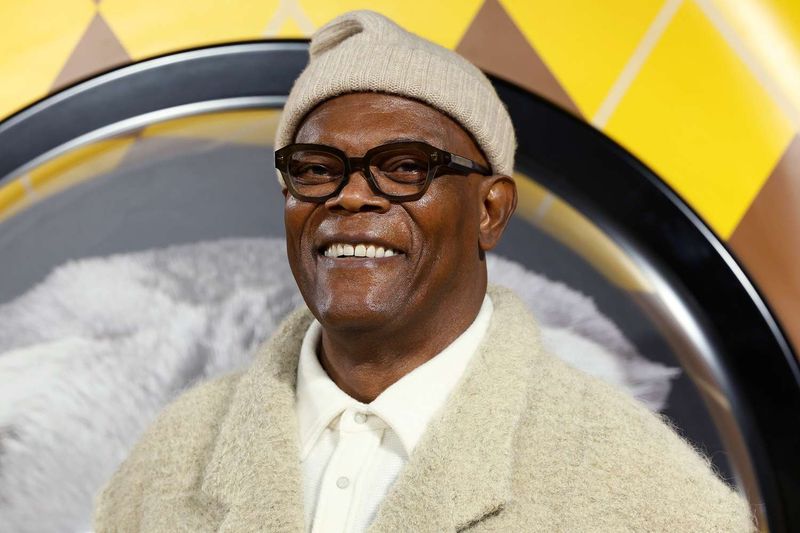
Charisma like a lightning strike, voice like a velvet thunderclap—Jackson rearranges the air in a room. Decades of iconic roles made him a cultural constant, yet the Academy acknowledged him only once for Pulp Fiction. That fact borders on absurd, given the range from soulful gravitas to pure kinetic swagger. He’s a cinematic North Star.
Consider the calibration in Jackie Brown, the gravitas in A Time to Kill, or the myth-making presence across genre juggernauts. Even when anchoring blockbusters, he smuggles in human heft and sly vulnerability. Awards bodies often overlook star wattage when it’s durable and ubiquitous. With Jackson, ubiquity is the achievement.
His Honorary Oscar recognized the legacy, but competitive recognition still feels essential. There’s room for both: tribute and triumph. The performance that finally lands the statue may already be in the rearview—timeless, quotable, and still reverberating.
4. Tom Cruise
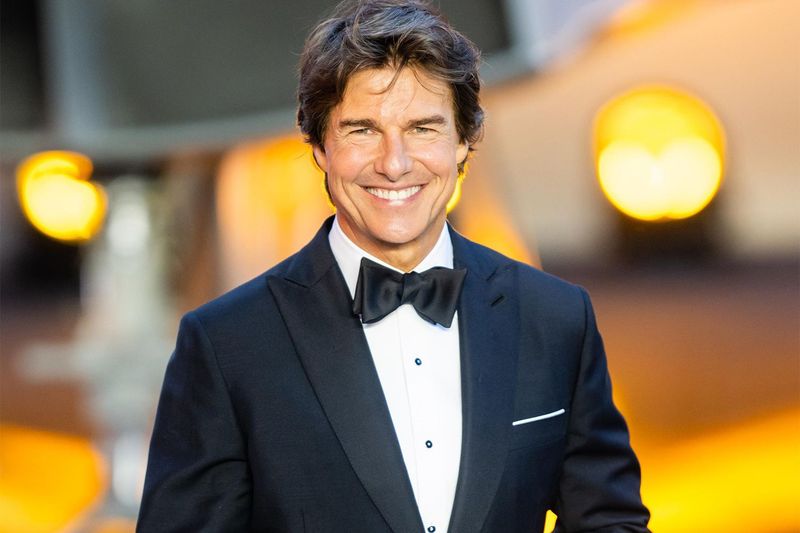
Beneath the blockbuster sheen lives a fearless character actor obsessed with risk. Cruise’s career swings from the raw nerve of Born on the Fourth of July to Magnolia’s bruised bravado. There’s the stunt legend, sure, but also the craftsman who dissects masculinity, fragility, and ambition. He’s chased excellence at full sprint for decades.
Magnolia remains a high-water mark: a swaggering shell cracked open to reveal sorrow. Collateral showcased quiet menace and restraint, while Jerry Maguire found the beating heart in a sports-business satire. In each, the dedication is visible but never showy. The choices feel curious, not calculated.
The Academy often rewards transformation in makeup; Cruise tends to transform in motion. That subtler alchemy can escape the tally sheet. A win would honor the double helix of his career—superstar spectacle intertwined with audacious, thoughtful acting.
5. Sigourney Weaver
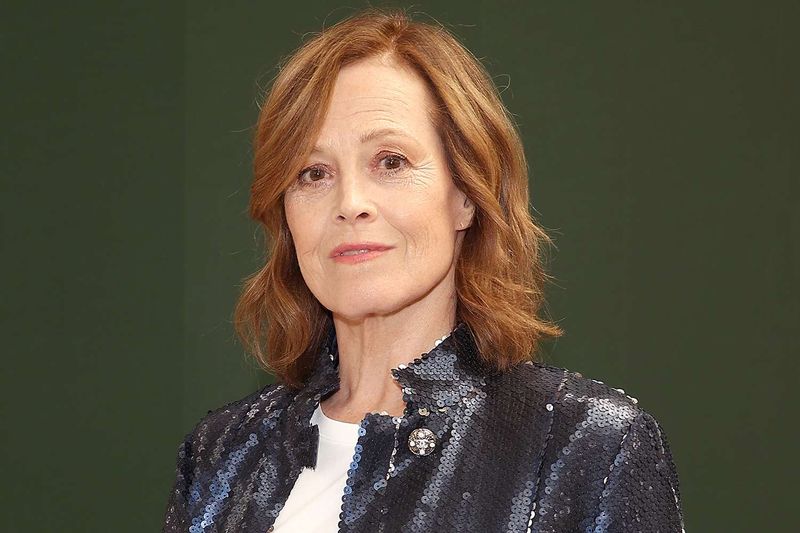
Genre trailblazers rarely get the gold when they rewrite the map. Weaver did just that, embodying Ripley with sinew and soul, then turning to Gorillas in the Mist with fierce humanity. She normalized women as action leads without sacrificing complexity. The Academy nodded, but it never crowned the revolution.
Alien’s nerve-shredding realism made Ripley an archetype; Aliens turned resilience into iconography. In Working Girl, comedic timing met executive poise—range in full flex. Her career consistently elevates material, making pulp feel profound and prestige feel lived-in. It’s a magician’s trick: swap stereotypes for dimensionality.
Oscars traditionally lag behind cultural shifts. Weaver’s influence arrived early and stayed dominant, reframing what power on screen looks like. A competitive win would be overdue acknowledgment that genre work can be the gold standard. The future took notes from her; history should, too.
6. Michelle Pfeiffer
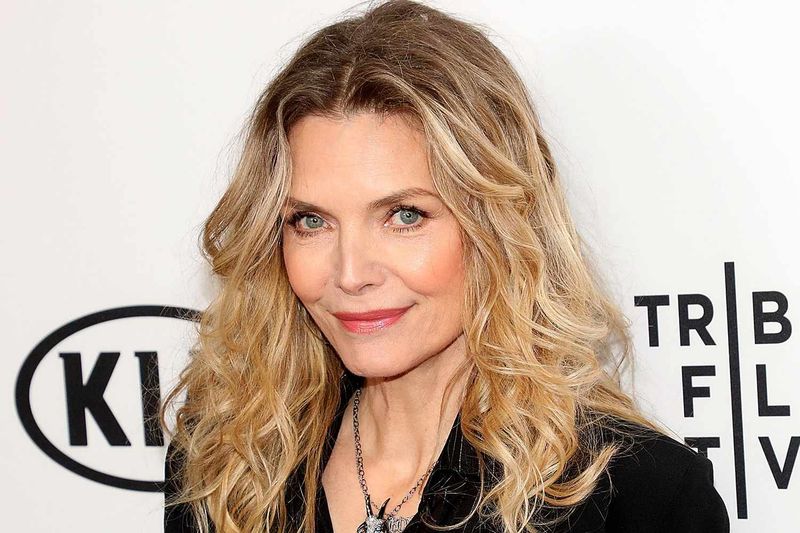
There’s a certain electricity when she enters a scene—glamour sharpened by wit, vulnerability fortified by resolve. Pfeiffer’s run from Dangerous Liaisons to The Fabulous Baker Boys remains staggering. Each performance feels like a masterclass in tonal control and emotional contour. Somehow, the crown keeps getting passed around her.
The Fabulous Baker Boys turned smoky melancholy into starburst charisma, while Liaisons made cruelty wear couture. Later roles layered maturity onto magnetism, revealing an actor who deepened with time. Even in brief appearances, she rewires the film’s current. Watch closely: the micro-shifts do the heavy lifting.
Oscars often chase narratives; she simply delivers work. That quiet consistency can fade against louder campaigns. One hopes for a late-career rocket role—a part that demands a standing ovation and refuses to leave quietly. The applause is already waiting.
7. Willem Dafoe
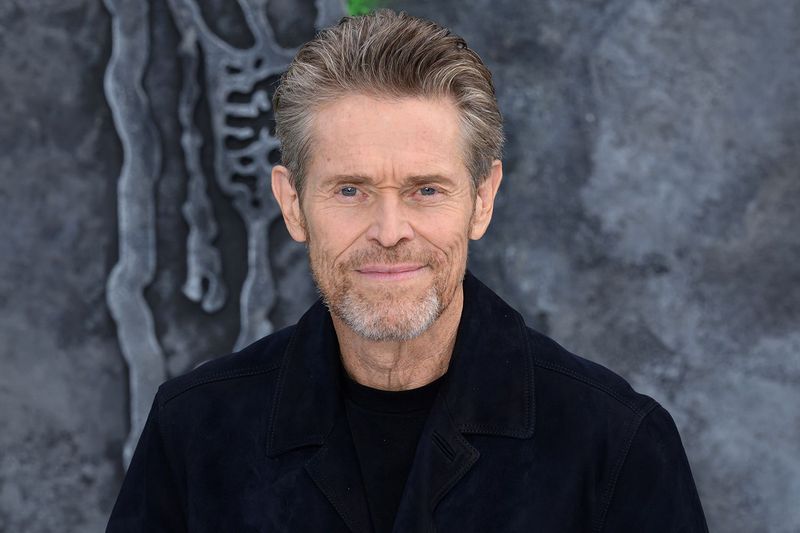
Few actors radiate paradox the way he does: saintly and sinister, fragile and feral. Dafoe crafts characters that feel half-human, half-myth, then lets them breathe like confession. Four nominations tell a story of trust from peers—but not the final embrace. Maybe the edges he explores make voters uneasy.
In The Florida Project, he grounded chaos with tender vigilance; in At Eternity’s Gate, he painted genius with trembling light. Shadowy turns, like in The Lighthouse, weaponize silence and glances. Even when the frame grows strange, the heartbeat remains audible. He’s an artisan of spiritual dissonance.
Oscar wins often favor closure; Dafoe favors questions. His best work lingers in the mind like a riddle you want to keep. A statuette would validate the risk-taking that keeps acting alive—and audiences leaning forward, searching.
8. Laura Linney
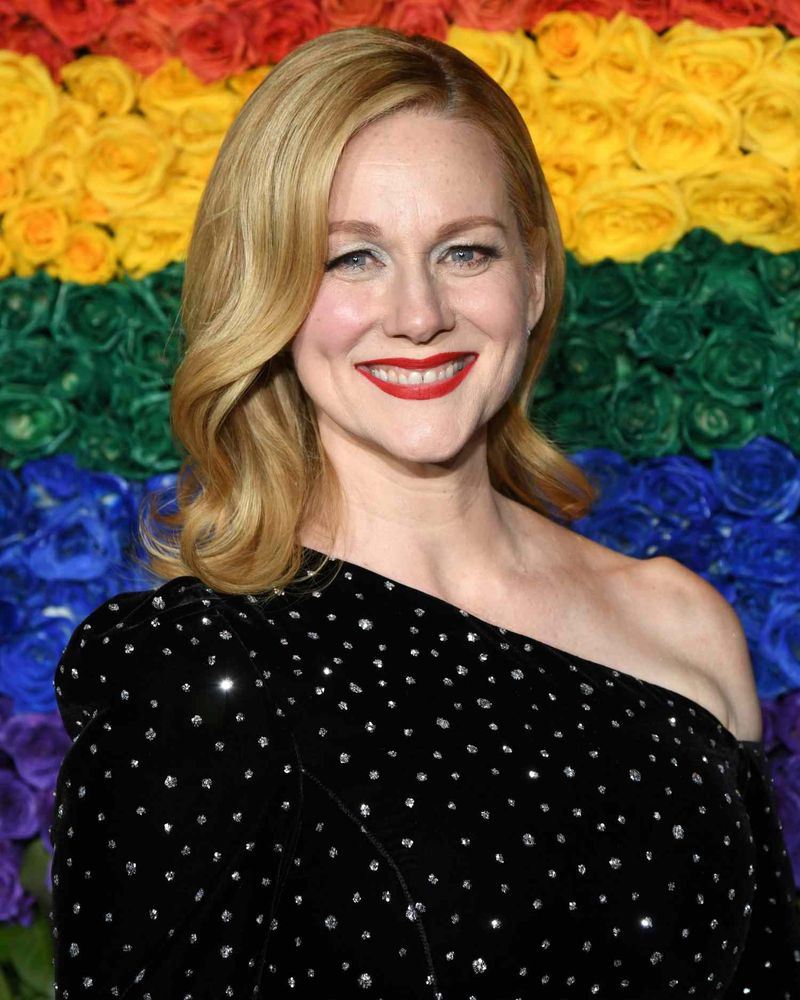
Precision, empathy, and a talent for turning subtext into the main event define Linney. She radiates intelligence, often portraying characters who think faster than the room. Multiple nominations testify to her range, from tragic resilience to tart humor. Film or television, she’s consistently the quiet engine.
You Can Count on Me distilled familial ache into warmth; The Savages blended satire with grief. Kinsey revealed sly sparkle, while later roles showed a flintier edge without losing humanity. Her performances seem carved with a jeweler’s loupe—never excessive, always exact. That control can be its own fireworks.
Perhaps her understatement hides in plain sight on ballots. Yet the screen feels safer and sharper when she’s there. A win would honor the craftsperson’s craft: clean lines, honest emotion, and the bravery to underplay where others overreach.
9. Johnny Depp
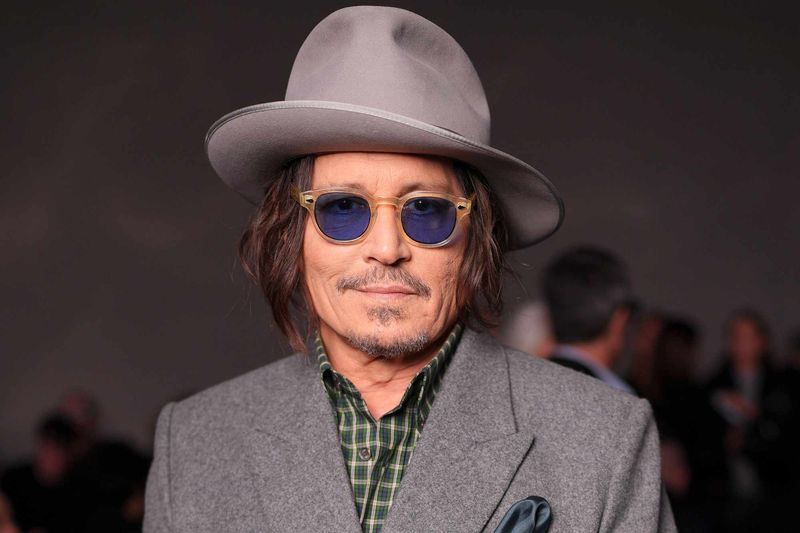
Before headlines eclipsed the work, he was Hollywood’s premier shapeshifter. Depp built a gallery of oddballs and romantics whose quirks concealed delicate souls. The nominations arrived, but the wins never did—perhaps the price of favoring eccentricity over gravitas. Still, few actors made mainstream audiences embrace the offbeat like he did.
Edward Scissorhands taught empathy in pantomime; Finding Neverland carried wonder tinged with sorrow. Even in broader roles, there was often a melancholy undercurrent guiding the whimsy. When the choices landed, they landed like cult canon. When they missed, they still felt daring.
Oscar trends swing between transformation and timeliness, and he often stood outside both. Should the right role balance vulnerability with restraint, a late-career resurgence could rewrite the narrative. The craft, when focused, remains undeniable—and unusually tender.
10. Angela Bassett
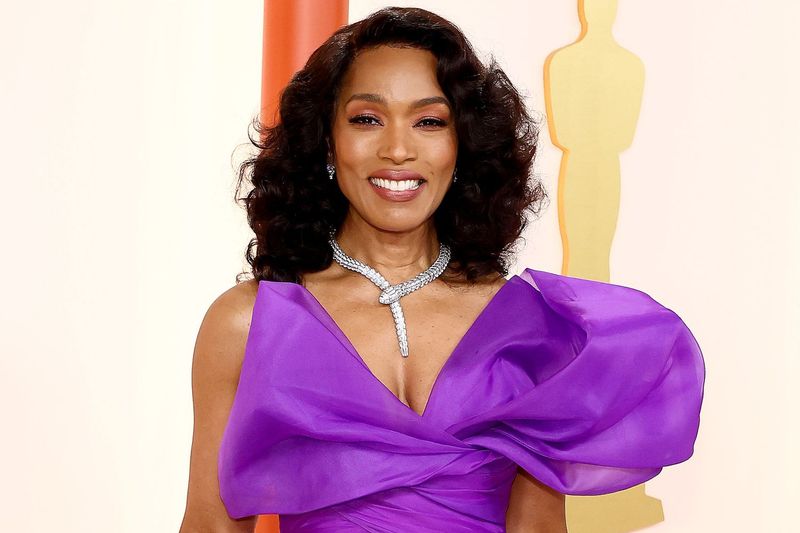
Power arrives in her performances like a tidal roll—controlled, inevitable, exhilarating. Bassett embodies historic figures and fictional matriarchs with equal ferocity. From What’s Love Got to Do with It to Black Panther: Wakanda Forever, she stakes claims on memory and myth. The Academy’s patience, however, remains curious.
Her Tina Turner is a triumph of stamina and soul, radiating survival as performance art. Decades later, Ramonda’s grief cut through a blockbuster’s spectacle with Shakespearean clarity. She makes dignity feel kinetic, turning speeches into battle hymns. Few can channel fury and grace in the same breath.
It’s easy to assume greatness will wait its turn. Still, the ledger longs for a definitive stamp. A win for Bassett would honor not just a role but a philosophy: art as strength, presence as legacy.
11. Edward Norton
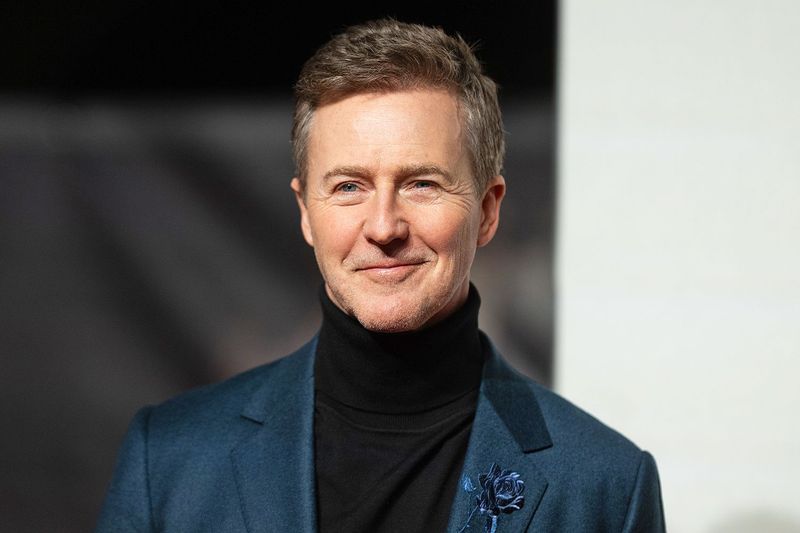
There’s a sly delight in watching him dismantle and rebuild himself within a single scene. Norton’s transformative instincts yielded landmarks in American History X and Fight Club, then matured into Birdman’s meta-flare. Three nominations hint at the respect; restraint from voters persists. Maybe brilliance looks too easy when he does it.
American History X showcased ferocity tempered by aching human change. Primal Fear introduced a twisty virtuosity, while Birdman weaponized vanity with dazzling self-awareness. He’s often the accelerant in ensembles, sparking chemistry and conflict. High IQ acting, but never bloodless.
The Academy likes arcs, and Norton’s career reads like interlocking puzzles. A role that marries severity with generous warmth might unlock the final door. Until then, his filmography remains a masterclass in sculpted intensity and surprising tenderness.
12. Jake Gyllenhaal
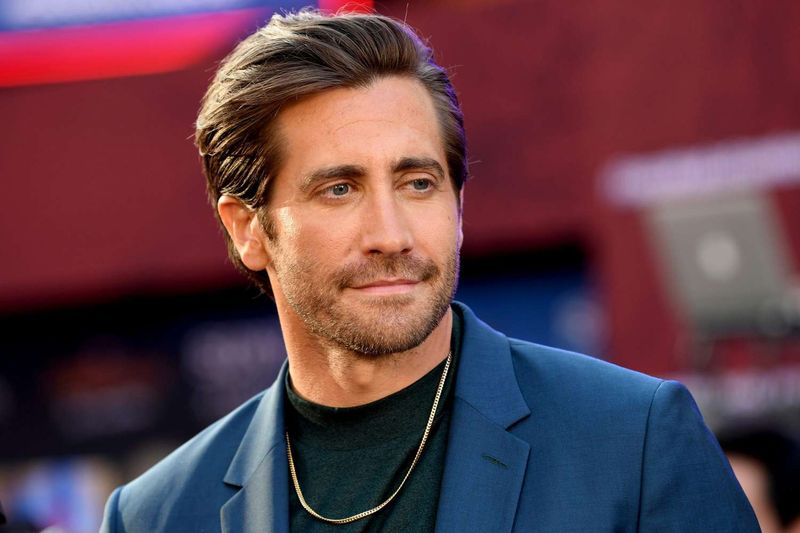
Restless curiosity has turned his career into a kaleidoscope of obsession, humor, and vulnerability. Nightcrawler alone—gaunt, hungry, disturbingly polite—should’ve ended any awards drought. Instead, he keeps stacking evidence: Brokeback Mountain’s aching restraint, Prisoners’ twitching empathy, Zodiac’s dogged fixation. He’s the patron saint of haunted professionals.
Transformation for him isn’t prosthetics; it’s posture, breath, and a gaze that narrows like a lens. Even romantic turns feel infused with offbeat rhythms and lived-in detail. Directors trust him to chase edges without tumbling into parody. Audiences follow because danger reads as honesty.
Perhaps the defining win is just timing away. Give him a role that welds Nightcrawler’s intensity to Brokeback’s quiet ache. When that blend hits, the ceremony will feel inevitable—less crowning than confirmation.
13. Annette Bening

A force of composure and fire, she crafts characters who think with their eyes. Bening’s filmography sparkles with sly intelligence and moral complexity. Four nominations mark her excellence, but they miss the imprint she leaves on cultural memory. When she’s on screen, the air seems filtered and charged.
American Beauty showcased lethal poise; The Kids Are All Right balanced warmth with razor honesty. Film after film, she avoids grandstanding, favoring truth’s smaller vibrations. The effect accumulates across careers, not just awards seasons. That’s why her supporters sound devout.
An Oscar would recognize the unusual: charisma without coercion, precision without frost. One perfectly tailored lead could tip the scales. Until then, Bening remains the north wind—quietly reshaping weather patterns with each performance.
14. Toni Collette

Chameleons get praise; Collette gets disbelief—how did she do that again? Hereditary should have been the clincher, a primal scream wrapped in classical control. Instead, horror’s genre bias muffled applause at the finish line. Her range—comedic, tragic, uncanny—defies tidy packaging.
From Muriel’s Wedding’s offbeat sparkle to The Sixth Sense’s aching fragility, she calibrates emotion with surgical accuracy. Little Miss Sunshine added chaotic levity without losing heart. Even in ensembles, she’s the thermostat, subtly setting the room’s emotional temperature. The work accumulates like a hush before thunder.
The right campaign plus the right role could finally breach the Academy’s defenses against horror and hybridity. Collette doesn’t need bells; she needs a spotlight that lingers. When it does, the industry will wonder what took so long.
15. Ethan Hawke
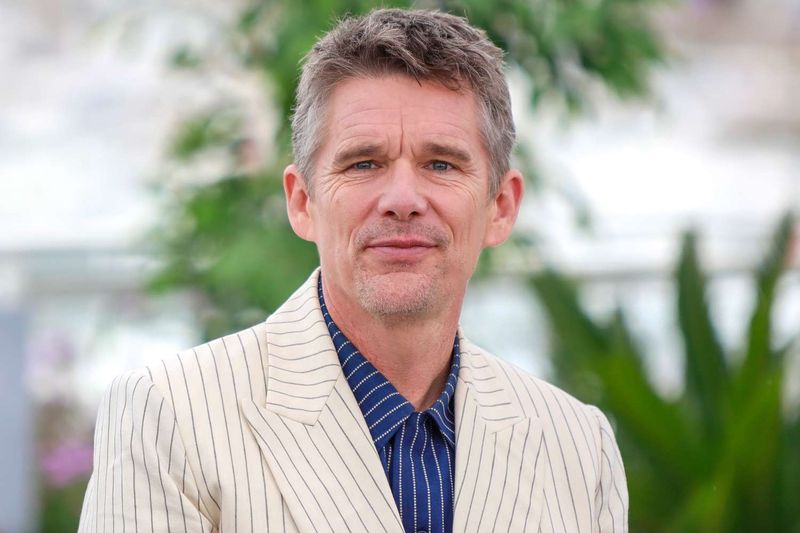
Restless and reflective, he’s built a career out of curiosity and craft. Hawke toggles between acting and writing, bringing philosophical warmth to both. Nominations pile up like postcards from interesting places; the grand prize never arrives. Still, the faith of collaborators keeps his calendar fascinating.
Before trilogy conversations glow with lived-in intimacy, while Training Day revealed a moral learner’s panic. First Reformed delivered spiritual crisis with monk-like rigor. He takes big swings without theatrical bloat, favoring breath, rhythm, and thought. It’s acting as inquiry, not sermon.
A win would crown a body of work defined by longevity and risk. One more transcendent role—quiet yet seismic—could push it over. Until then, Hawke embodies the artist’s path: keep walking, keep wondering, keep surprising.
16. Scarlett Johansson
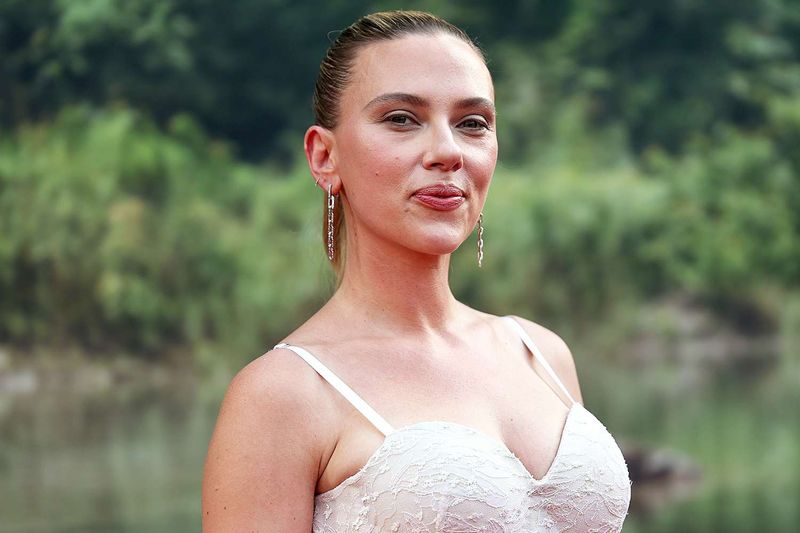
Star allure often camouflages serious chops, and Johansson proves it repeatedly. The rare double nomination year, with Marriage Story and Jojo Rabbit, showcased razor range—raw divorce drama and buoyant satire. Even voice work in Her confirmed a gift for intimate frequency. The Academy nodded twice, then paused.
Marriage Story found friction and tenderness without villainy; Jojo Rabbit balanced buoyancy with ache. Beyond blockbusters, she favors complicated humans and messy rooms. The camera loves her, but craft fuels the chemistry. When she locks in, truth feels inevitable.
Timing will matter, as always. A role that leans into maturity without dimming spark might clinch it. One gets the sense the next nomination could become the breakthrough—substance wrapped in unmistakable presence.
17. Donald Sutherland
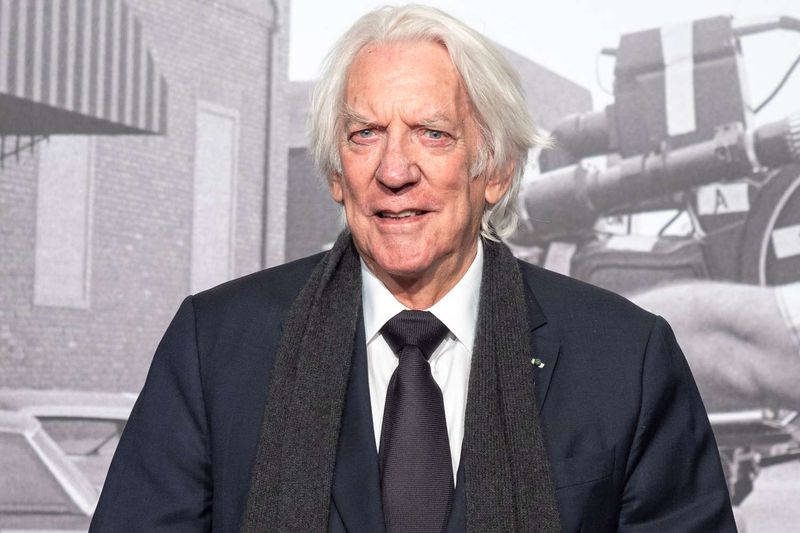
Some careers feel like libraries—sprawling, rich, essential. Sutherland’s is that, lined with characters who slip from menace to melancholy with sly ease. In a quirk of Academy history, he went decades without a nomination, later receiving an honorary Oscar. The competitive statue, however, remains elusive.
From MASH to Don’t Look Now to Ordinary People, he left fingerprints on entire eras. His gaze carries secrets; his voice hints at conspiracies and confessions. Supporting turns become pillars under movies that need steadying. He’s the definition of durable excellence.
Awards seasons prefer narratives clean enough to headline. His story is messier, richer, lived across styles and generations. A late-career role could turn lifetime appreciation into a competitive win. Until then, the honorary nod serves as both salute and reminder.

Comments
Loading…